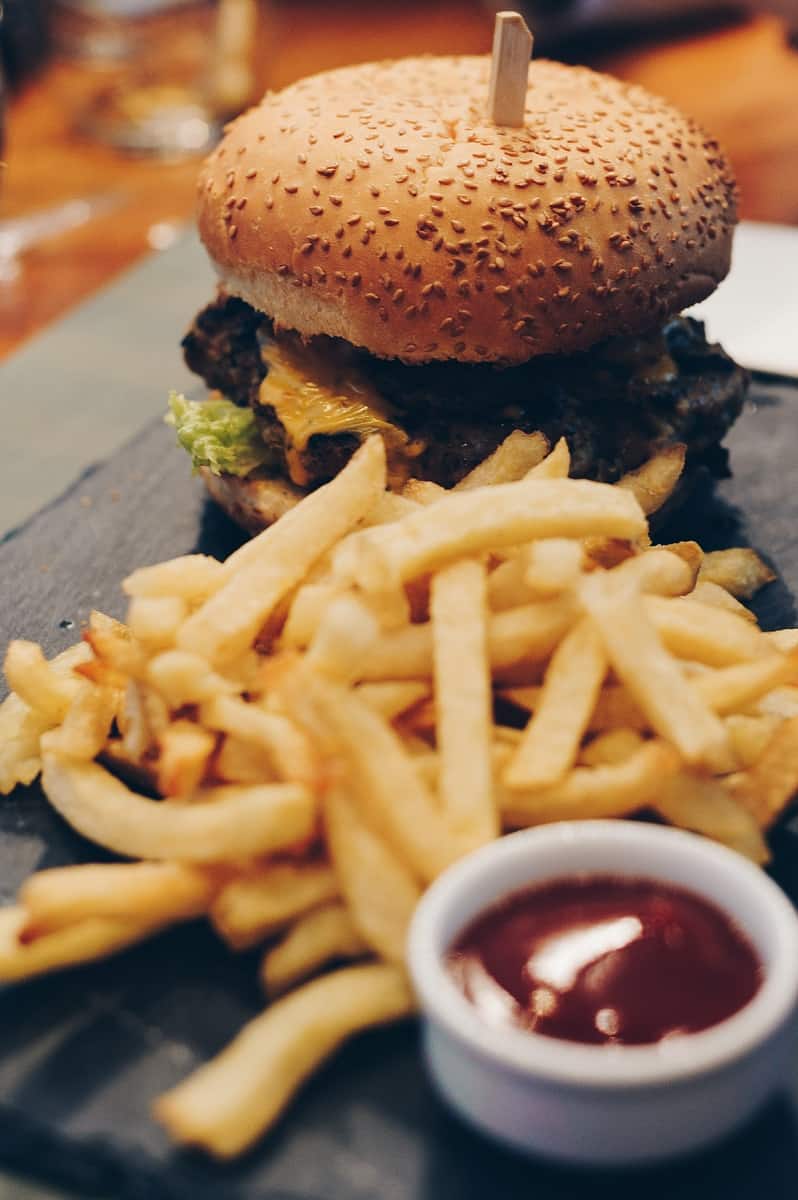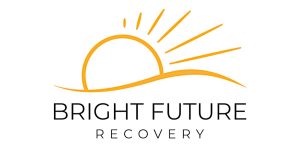Food plays a crucial role in the substance abuse recovery process. Many people who struggle with addiction neglect basic needs, contract infectious diseases, and damage their bodies in other ways from substance abuse. Some people enter rehab malnourished or with significant vitamin deficiencies from poor diet. Proper nutrition not only aids the detox and treatment processes, but also has a profound impact on life after rehab. It’s essential for everyone in recovery to understand the value of a proper diet and the risks of unhealthy foods after rehab.
Dangers of Fast Food
[two_third]Fast food is everywhere in the United States and many people consume it for convenience and the perceived low cost. However, fast food companies inherently value speed and quantity of production over quality. Fast food may be cheap and easily accessible, but it does not offer the nutritional value of fresh food and home-cooked meals. Buying and preparing fresh ingredients may be more expensive and time-consuming but it is a healthier option compared to fast food. There are also significant physiological risks from eating fast food for people struggling with addiction.
Poor Nutrition and Long-Term Health Problems from Fast Food Consumption
Fast food is cheap because the companies produce it on a very large scale to maximize their profits while keeping prices attractively low. This requires processing, packaging, and shipping food products to locations all over the country. Without lots of artificial ingredients, preservatives and additives, these products would spoil in transit.
One of the most common additives found in fast food products is sugar in various forms. Sugar is a powerfully addictive substance that most Americans do not realize is addictive. The urges sugar creates can be dangerous for someone recovering from substance abuse. In addition, there are other substances in fast food that can produce effects similar to some illicit drugs, which could potentially trigger relapses.[/two_third][one_third_last] [/one_third_last][clearfixspace]
[/one_third_last][clearfixspace]
Psychological Effects of Fast Food
Sugar can act as a substitute for harder drugs and stimulants like cocaine. Fats found in fast food act on the brain’s pleasure centers, potentially creating a cycle of dependency. Stimulation of these pleasure centers can trigger a person to consume more and more of these foods when their pleasure centers crash from over-stimulation. Salt is another common ingredient in fast foods that can cause addictive symptoms, similar to alcohol or nicotine use.
Monosodium Glutamate (MSG) is a common additive in fast foods, used to prevent a person from feeling full, encouraging over-eating. Casein, a protein found in many fast foods, acts similarly to nicotine and actually breaks down into opiates with about one-tenth of the painkilling power of morphine. This can be dangerous for a person recovering from opioid addiction as the sudden reintroduction of opioids may lead to cravings, or even withdrawal symptoms, very quickly.
The Value of Nutritional Support during Addiction Treatment
The recovery process starts with detoxification – or the removal of drugs from a patient’s body – and nutritional support, vitamin therapy, and medical monitoring. Together, they can limit the uncomfortable side effects of withdrawal during detox. This nutritional support also helps lay the groundwork for a stronger recovery process. It’s much easier to handle the stress of rehab, cravings, and get more out of therapy with a healthier body.
[one_third] [/one_third][two_third_last]
[/one_third][two_third_last]
Diet and Mentality in Recovery
Food has an undeniable effect on human physiology and behavior. Eating a balanced and healthy diet during rehab leads to better physical health which, in turn, promotes better mental health. For example, excessive sugar can cause blood pressure fluctuations that may lead to feelings of anxiety or depression. These are dangerous areas for a person recovering from substance abuse, as these feelings are generally triggers for drug use.
Avoiding sugar – especially refined sugar – is a great choice for anyone in substance abuse treatment. The interactions between sugar and the brain’s pleasure centers can be problematic for a person trying to overcome urges and learning to manage cravings. Caffeine and other substances that cause a “crash” are generally dangerous because a crash can lead to cravings for one’s addictive drug of choice.
[/two_third_last]
Developing Better Eating Habits in Rehab and Recovery
Food plays a crucial role in rehab, and most recovery centers offer meals that address individual dietary concerns, bolster overall health, and replace the vitamins and minerals lost during the addictive process. Recovery is the perfect time to learn more about healthy eating and plan for the future. One of the most difficult parts of recovery is transitioning back into “normal” life after rehab. Dietary planning and eating healthy can be a welcome distraction, encouraging other healthy life choices.
Relapse Prevention
Many addiction treatment centers and substance abuse support resources offer guidance on relapse prevention. However, preventing a relapse ultimately comes down to individual choices. A person fresh out of rehab may feel ready to handle the stress of normal life but quickly learn that the adjustment will be more difficult than expected. Turning to fast food out of convenience may seem harmless at first, but it is crucial to understand that fast food is detrimental to recovery.
[two_third]
Building Better Habits with Food
Making healthier food choices in recovery can help overcome dangerous behavioral patterns and help a person avoid the environmental triggers that lead to drug use. While it may be difficult to give up some comfort foods and treats, there are countless opportunities to make healthier eating a constructive and enjoyable experience.
For example, if you are craving cookies then why not make a batch of homemade cookies from a favorite family recipe? This not only offers a healthier alternative to prepackaged box of cookies but also creates a constructive project for a person in recovery who may need some helpful distractions.
Fast food may be convenient but the additives, preservatives, and other harmful substances in these foods can easily lead to a relapse.[/two_third][one_third_last] [/one_third_last]
[/one_third_last]







